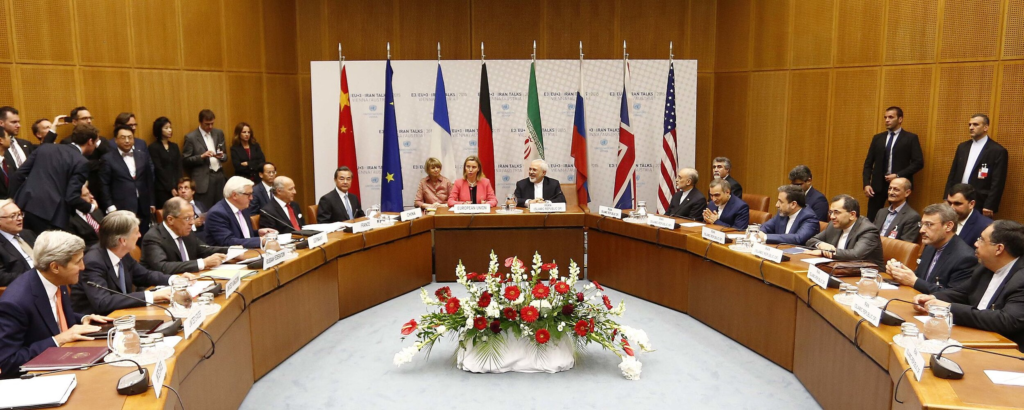Iran’s Nuclear Program: A Complex Negotiation
Iran’s nuclear program has been a contentious issue on the international stage for decades. The program’s potential military applications have raised serious concerns among Western powers, leading to a series of diplomatic efforts to prevent Iran from developing nuclear weapons.

The Joint Comprehensive Plan of Action (JCPOA)
The Joint Comprehensive Plan of Action (JCPOA), a landmark agreement reached in 2015, aimed to address these concerns by imposing restrictions on Iran’s nuclear activities in exchange for lifting economic sanctions. However, the JCPOA has faced numerous challenges, including the United States’ withdrawal from the agreement in 2018 and the subsequent reimposition of sanctions.
Challenges to the JCPOA
Despite these efforts, the JCPOA faced significant challenges. The United States’ withdrawal from the agreement under the Trump administration led to a breakdown in negotiations and a gradual escalation of tensions. Iran responded by violating several of its commitments under the JCPOA, including increasing its uranium enrichment capacity and reducing its cooperation with international inspectors.
Efforts to Revive the JCPOA
Despite these setbacks, diplomatic efforts to revive the JCPOA have continued. In 2021, indirect negotiations between Iran and the United States resumed, with the European Union acting as a mediator. The goal of these talks was to return both parties to compliance with the agreement. However, progress has been slow due to disagreements over key issues, such as the extent of sanctions relief Iran should receive and the pace at which it should reduce its nuclear activities.
The Future of the JCPOA
The future of the JCPOA remains uncertain. If the negotiations are successful, the agreement could help to de-escalate tensions and prevent Iran from developing nuclear weapons. However, the challenges to reviving the JCPOA are significant, and there is a risk that the negotiations could collapse.
Alternative Approaches
In addition to the diplomatic efforts to revive the JCPOA, there have also been discussions about alternative approaches to addressing Iran’s nuclear program. Some have suggested a regional approach involving countries in the Middle East, while others have argued that a military option should not be ruled out as a last resort.
The negotiations surrounding Iran’s nuclear program are complex and multifaceted. The outcome of these talks will have significant implications for regional and global security. As the negotiations continue, it is essential that all parties remain committed to a peaceful resolution of the crisis.




















